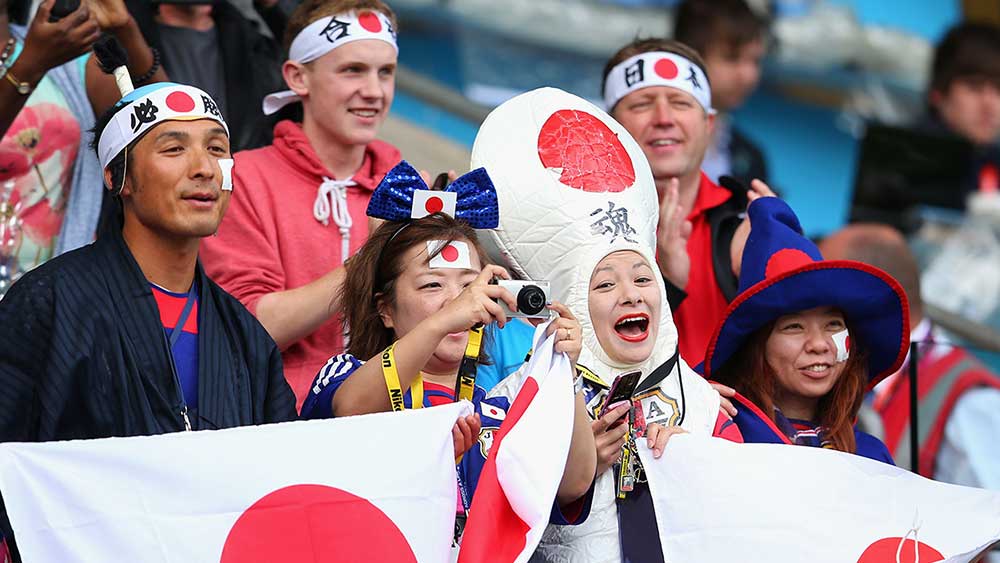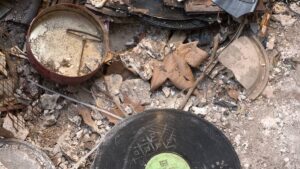Aussie stem cell biotechs love Japan’s relaxed regulatory regime

Japan has emerged as a honeypot for Australian stem cell biotechs.
Not only is Japan the second largest drug market globally but it has one of the most relaxed regulatory regimes for this class of treatment.
Medicine developer Mesoblast (ASX:MSB) already has one therapy on the market in Japan.
Cynata (ASX:CYP) boasts Fujifilm as a big investor.
And Regeneus (ASX:RGS) has teamed up with Asahi Glass which will manufacture its stem cells, and in the process clear a potential hurdle for Japan’s drug majors which want a ‘made in Japan’ product, says Regeneus chief John Martin.
“That will open up clinical partnering options,” he says, with potential development deals now on the table.
Regeneus has already pocketed $US6.5 million in royalty income from Asahi Glass and is set to receive as much as another $US11 million if its Progenza — a stem cell treatment for osteoarthritis — continues to progress smoothly through research trials.
Asahi Glass has emerged as a big player in the biopharma space in recent years.
Japan’s attraction is a regulatory regime which allows stem cell treatments to be sold after only early stage research demonstrating safety and the probability that it will work.
By comparison, many other countries demand absolute proof of treatment success.
Both Europe and the US have conditional approval processes for stem cell therapies but neither works as smoothly as Japan’s.
“The US is too big a market to ignore, but it is a more fractured market,” Martin says.
“Japan gives a clearer run at goal. We’re in a good position to get a clinical deal away over the year ahead.”
Specifically, this will focus on osteoarthritis although there is the potential for a second deal involving broader indications, beyond just osteoarthritis, Martin said.
“We are using Japan as a spearhead licensing strategy.”
Even though Korea is perhaps the most advanced market globally for stem cells developments, work there “doesn’t translate externally”, Martin says.
For investors in Regeneus, the fact it has cash on hand with the potential for more fees from Asahi Glass as research milestones are reached means there is less chance of a dilutionary fund raising – unless an opportunity emerges to take a big step forward in rolling out its development program over the next year or so.
Early in its life, Regeneus was subject to criticism by the ABC in a report carried by the 7:30 Report over claims surrounding some of its activities working with individual clinicians — a sector it is no longer involved in.
More recently reports over the application of its osteoarthritis treatment for knees pushed the share price higher for a time.
UNLOCK INSIGHTS
Discover the untold stories of emerging ASX stocks.
Daily news and expert analysis, it's free to subscribe.
By proceeding, you confirm you understand that we handle personal information in accordance with our Privacy Policy.








